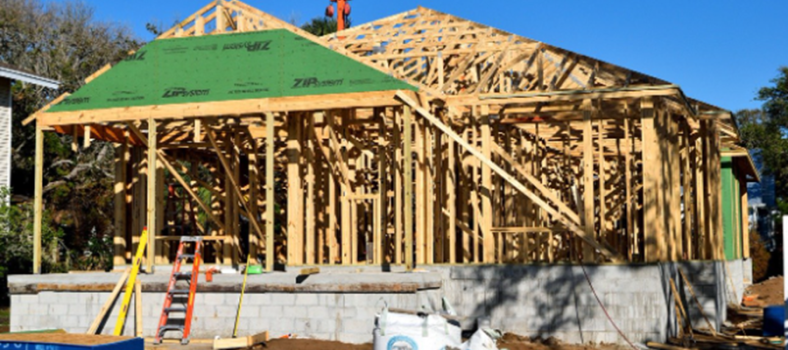Property investment 101 – What you need to know
Anyone who is financially minded dreams of reaching that point in life where they have absolute financial security. There are many options available to the keen investor like stocks or bonds, although historically choosing to invest in property has been the most popular choice for Australian punters.
Investing in property can prove to be a great way to generate wealth and put you well on the path to success. But be warned that not all properties will return a positive value, and if you fail to research your purchase properly you could find yourself out of pocket and in a very unfortunate situation.
Listed below are a few simple guidelines that will hopefully help you make the right choice.
• Select the right type of property – Every property type has different attributes, and it can be hard to predict whether a house, unit or apartment will provide you with the best capital growth and ROI over time. Units and apartment generally require less maintenance then freestanding houses and an empty block or run down residence may not provide rental income for some time. If you are planning on not residing in the property be sure to buy something that is likely to attract tenants as this cash flow will make the investment more profitable for you over time and provide some financial relief.
• Be aware of all the costs – Make sure you seek out advice from an accountant so you can identify all of the costs involved. Be sure to factor lands tax, capital gains tax and stamp duty into all of your calculations as depending on the property these can equate to some serious cash.
• Market research is a must – You can never have enough information before buying a property. Talk to multiple real estate agents in the area and try to work out what the market is doing, also ask them about developments/construction plans in the area as this can affect capital growth. See if you can get a copy of the RP data for your property and ideally for similar properties in that area. This will give you some sort of indication to current trends in the market and may influence your choice of property type and location.
• Get a good property manager – This is one of the most important things to consider, especially if you want the process to run as smooth as possible and keep your stress levels to a minimum. The property manager should be able to take care of most things for you. They will locate tenants, respond to maintenance requests, facilitate rental payments (and chase them up if need be) as well as providing you with information on every aspect of your investment. You should remember that once you have engaged in the services of a property manager then they are your first port of call if you feel the need to visit the property or speak to your tenants.
• Understand negative gearing – Negative gearing is something which every property investor dreads. It is when the value of the property actually declines over a certain period of time, essentially offering you negative capital gains. If you do find yourself in this situation then there are some taxation benefits which are on offer and can help to provide financial assistance. The figure of depreciation on the property can be offset against your primary income, resulting in a tax reduction. This can also be applied to borrowing and maintenance costs for the property.
This article is brought to you by Simple Living Australia and Resi. For more information on a fixed or variable rate home loan for your investment property visit Resi.






No Comment